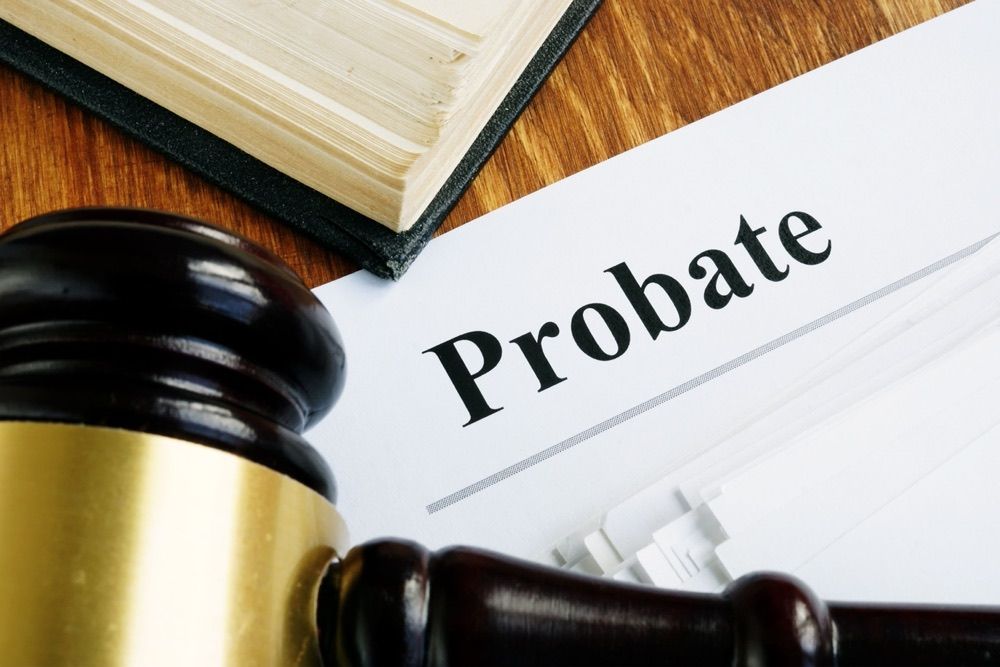What Residents Need to Know About the Pennsylvania Sunshine Act

The purpose of the PA Sunshine Act is relatively simple; however, the many nuances of the Act can be complicated. If you believe a government agency has violated the Sunshine Act, and you want to file a claim against them, the experienced Municipal Law Attorneys at Bingaman Hess can help determine if you have a valid case and help you navigate the process.
What is the PA Sunshine Act?
The primary purpose of the PA Sunshine Act is to prevent government agencies from making decisions without the knowledge of and input from the public. "The Sunshine Act requires agencies to deliberate and take official action on agency business in an open and public meeting," the Office of Open Records (OOR) explains.
Let's break that definition down:
- Agency
is any state or local government body and sub-units appointed by that body to "perform an essential government function and exercises authority to take official action or render advice." This includes authorities, boards, councils, committees, and commissions.
- Deliberate
is any discussion of agency business for the purpose of making a decision.
- Official Action includes the following:
- Recommendations made by an agency according to statute, ordinance, or executive order.
- The establishment of policy by an agency.
- The decisions on agency business made by an agency.
- The vote taken by any agency on any motion, proposal, resolution, rule, regulation, ordinance, report, or order.
- Agency Business is "the framing, preparation, making or enactment of laws, policy or regulations, the creation of liability by contract or otherwise or the adjudication of rights, duties, and responsibilities."
- Meeting is defined as "any prearranged gathering of an agency which is attended or participated in by a quorum of the members of an agency held for the purpose of deliberating agency business or taking official action."
An Agency's Responsibilities Under the PA Sunshine Act
Under the PA Sunshine Act, regarding meetings, agencies are required to do the following:
- Give at least three days' notice before the first regularly scheduled meeting of the calendar or fiscal year and additional scheduled meetings for the remainder of the calendar or fiscal year.
- Provide at least 24 hours’ notice of special or rescheduled public meetings.
- The notice must include the meeting's date, time, and location.
- The notice must be printed in a paid newspaper and posted at the meeting location.
- Post the agenda for all regular and special public meetings at least 24 hours in advance, including all issues to be deliberated on and any planned official action. Only minor changes can be made after the agenda has been issued.
- The agenda should be available at the agency's office, the meeting site, on any agency websites or social media platforms, and at the meeting.
- Allow the public to attend meetings.
- Allow reasonable opportunities for the public to comment on issues that are or may be before the board's decision. The agency can establish specific rules, such as limiting the time permitted to speak.
- Allow the public to ask questions (the agency is not required to answer the question) during meetings.
- Allow the public to record (video or audio) the meetings (agencies may institute rules regarding recording devices to avoid disruptions).
- Take minutes that include the time, date, location, members present, information about all official actions taken during the meeting, how each individual voted, the names of all citizens who spoke, and a summary of their comments.
Exceptions to the PA Sunshine Act
There are some circumstances in which agencies can conduct closed meetings and are not required to allow the public access, such as conferences, specific working sessions, and Executive Sessions. The reason for an Executive Session must be announced in the public meeting before or immediately after the Executive Session, and no official action can be taken during the Executive Session.
The following are reasons an agency may hold an executive session:
- To discuss personnel matters;
- To hold an information, strategy, and negotiation session related to the negotiation of a collective bargaining agreement;
- To consider the purchase or lease of real property;
- To consult with an attorney about active or pending litigation;
- To discuss agency business which, if conducted in public, would violate a lawful privilege or lead to the disclosure of information or confidentiality protected by law;
- To Discuss certain academic matters (this reason is limited explicitly to certain institutions of higher education) and
- To discuss specific public safety issues if disclosure of the information discussed would be reasonably likely to jeopardize or threaten public safety, preparedness, or public protection.
What to do if an Agency Violates the PA Sunshine Act
You can object during the meeting if you think there is a violation. You can also file a complaint with the Commonwealth Court for state agencies. For local agencies, you can file a complaint with the Court of Common Pleas within thirty days of the meeting or within thirty days of discovering an infraction during a closed meeting. The burden of proof will be on you.
An agency member found to have willfully violated an act can face criminal charges and fines of $100 to $2,000, which must be paid personally (not by the agency). Sometimes, the court will also assess attorney fees to the plaintiff.
Trust Our Experienced Municipal Law Attorneys
The municipal law attorneys at Bingaman Hess represent many individuals and corporate clients with municipal transactions and various other municipal matters, including Sunshine Act violations.
If you have any questions or need help navigating the process, call us at 610.374.8377 or find us online.
News & Information
Contact Us Today
Sound legal advice is based on years of training, hard work, and passion, as well as familiarity with legislation and precedent and sound consideration. You’ll find all that and more at Bingaman Hess.
We will get back to you as soon as possible
Oops, there was an error sending your message.
Please try again later!
Wyomissing
Kutztown
Harrisburg
610.374.8377
2601 N. Front Street
Suite 206
Harrisburg, PA 17110
Media
Wilkes-Barre
610.374.8377
12-14 West Northampton Street,
Suite 7
Wilkes-Barre, PA 18701
We have been providing expert legal advice to clients for more than 60 years.
Serving Berks, Lehigh, Northampton, Bucks, Montgomery, Philadelphia, Chester, Delaware, Lancaster, Lebanon, Dauphin, Schuylkill, York, Carbon, Luzerne, Monroe, Columbia and Northumberland counties
The Bingaman Hess web site is intended to provide information (not advice) about the firm, its lawyers and new legal developments. Visitors to this web site should not act upon this information without consulting with legal counsel. Transmission and receipt of materials provided by Bingaman Hess's web site is not intended to and does not create an attorney-client relationship. Please be further advised that the act of sending e-mail to an attorney at Bingaman Hess will not create an attorney-client relationship. If you are not currently a client of Bingaman Hess your e-mail will not be privileged and may be disclosed to other persons. This web site is not intended to be advertising and Bingaman Hess does not wish to represent anyone desiring representation based upon viewing this web site in a state where this web site fails to comply with all laws and ethical rules of that state. This web site is meant to be informational only, consistent with our profession's obligation to help inform not only our clients but to cultivate knowledge of the law in the public in general.
Bingaman Hess Attorneys at Law, All Rights Reserved










